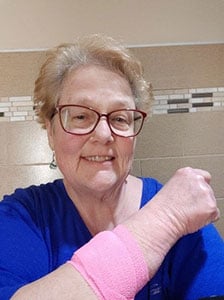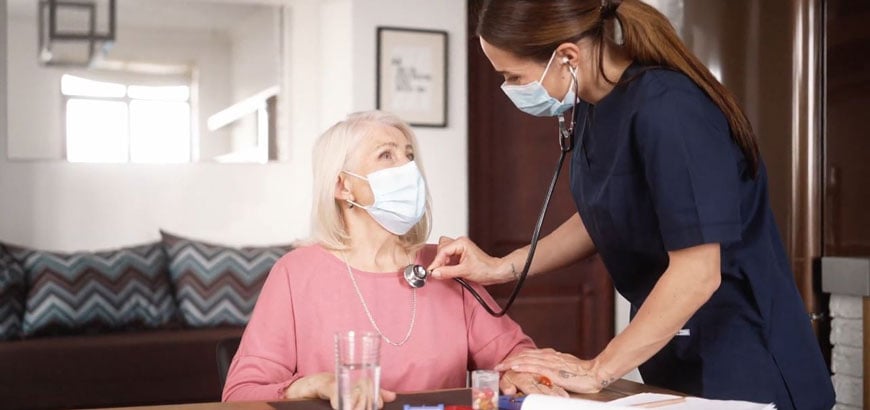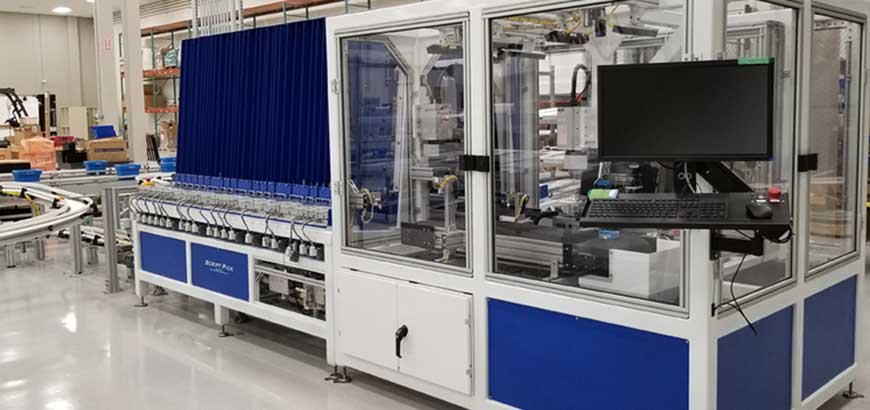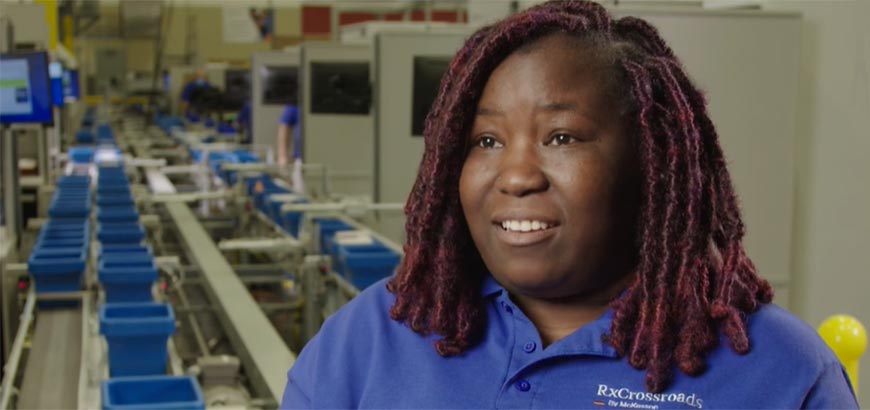Read time: 3.5 minutes
Imagine this: A routine medical screening you’ve done for years turns up a life-threatening cancer diagnosis. Your doctor prescribes the best treatment for your condition, and you follow their orders because it’s the best chance you have at overcoming your illness.
But then you get the bill: It’s $1,200… per dose. And that’s after health insurance.
That’s exactly what happened when Marcia Cortis was diagnosed with HER2-positive breast cancer in 2018. The treatment she was prescribed, which was $48,000 per dose before insurance, was covered under her Medicare Advantage plan. But the amount she was responsible to pay – $1,200 per dose – was simply too much. So, she did what many patients who are unable to pay for their medications do.
She asked her doctors to stop treatment.
“I didn’t really want to stop this particular drug because it addresses the type of aggressive breast cancer I have, but I saw no other way,” Marcia explains.

Marcia Cortis
Fortunately, her doctors informed her that there was a better option. McKesson helps uninsured and underinsured patients like Marcia every day through its McKesson Macro Helix patient assistance program (PAP) recovery services. With help from McKesson’s PAP, patients can access the medications they need at little to no cost to them – and do so quickly and efficiently.
“Today, tens of millions of patients find themselves saddled with the burden of trying to pay for life-saving medications that they could never afford on their own, and that number only continues to climb due to the financial hardships that COVID-19 has caused,” explains Tiffany Crawford, senior director of patient assistance at McKesson. “Additionally, many promising new specialty and oncology therapies can cost millions of dollars before insurance. PAPs are aimed at significantly reducing the financial toxicity that often comes with a diagnosis like cancer.”
Crawford explains that McKesson’s approach is slightly different from other PAP recovery programs in the market that may only focus on one particular area of a health system. Instead, the goal is to help the entire health system identify patients in need of assistance – from patient admissions and the emergency department to hospital pharmacy and specialty clinics. Their network of patient advocates work closely with not only pharmacists, nurses and physicians to identify patients in need, but administrators and C-suite executives as well.
It’s a benefit not only to the patients needing to get on treatment sooner, Crawford explains, but to health systems as well.
“Many health systems today are trying to manage patient assistance programs on their own,” Crawford says. “They have nurses and pharmacists working on enrolling eligible patients while also juggling their duties as clinicians. We help them focus on what they do best – patient care.”
Macro Helix patient advocates do the heavy lifting for health systems and for patients. They work with hospitals to identify eligible patients for various assistance programs utilizing proprietary technology, and collect patient information in a HIPAA-compliant manner. They also assist patients through the enrollment process, helping their medications arrive at the hospital quickly so they can begin therapy as soon as possible.
Crawford adds that while the full-service PAP services are a great option for many health systems customers, not all hospitals have the same needs and instead prefer a more flexible approach. That’s why Macro Helix recently launched its PAP Recovery Navigator, a first-of-its-kind, multi-specialty software solution that helps health systems customers identify PAP opportunities and maintain compliance standards, while also enabling them to self-manage their own program and help patients get on therapy faster.
Ultimately, having this level of support can help patients like Marcia save not only tens of thousands of dollars, but potentially change their lives as well.
“It means the difference between worrying every day about how I’m going to live financially and physically,” she says. “If I had chosen to stop treatment because of the financial hardship, I don’t know whether my outcome would be as good. I have a brighter outlook and peace of mind.”
To learn more about these services, visit the McKesson PAP and Revenue Recovery page.




Share
Post
Post
Email